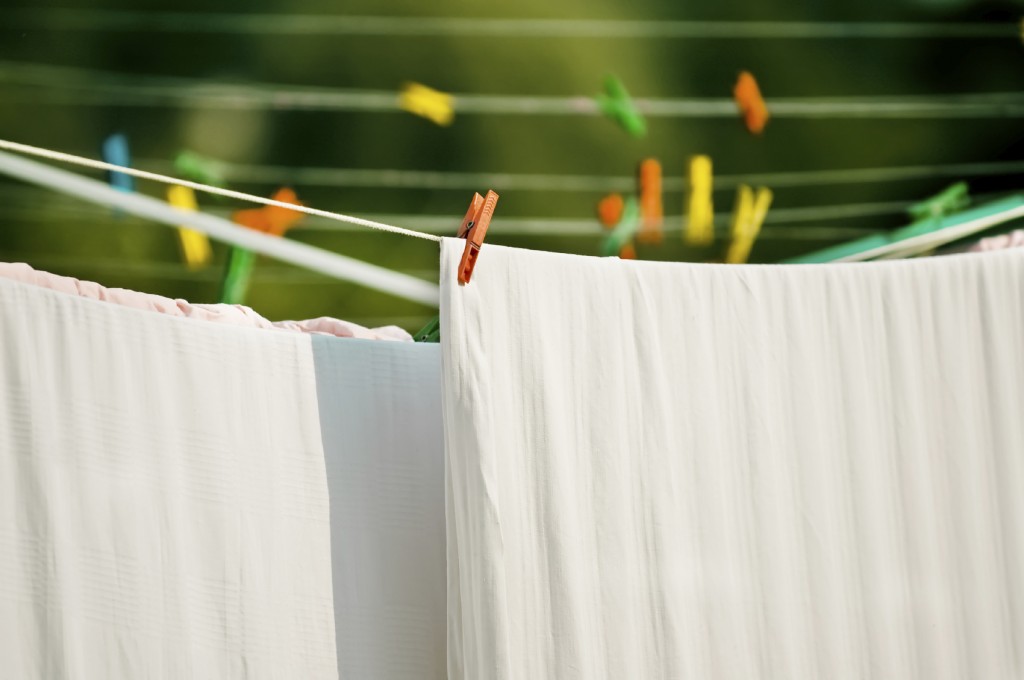
Bedwetting is a commonly misunderstand problem with many thinking that it is a result of laziness but this couldn’t be more wrong. Many children who wet the bed often feel socially isolated and lack confidence.
Deadly Vibe Wire caught up with a young Gandangara man who wet the bed until his early teens.
“From as early as I can remember I wet the bed. The hardest part was feeling a sense of shame for something that I had no control over and my stepfather not understanding that I couldn’t help it – he thought I was just lazy,” he says.
“Not only did it affect my confidence, it also put a negative impact on my social life as a child. Every time I slept at a friend’s house or them at mine, I feared I would wet the bed and be ridiculed as a consequence.
“In hindsight, many of my classmates would’ve wet the bed because it is such a common problem and it’s not until recently that I discovered some of my closest friends struggled with it too.”
If your child is wetting their bed, it’s important to remember that a young person already has a lot going on as they are growing and forging their identity. It’s important you are understanding and realise that wetting the bed is beyond their control.
It’s difficult for medical professionals to pinpoint the exact cause of bedwetting, but the most common causes are thought to be:
• Neurological-development delay – this means that some children are simply delayed in the ability to stay dry, with studies suggesting that bedwetting may be due to a nervous system that is slow to process the feeling of a full bladder.
• Genetics – three out of four children have either a parent or close relative that used to wet the bed in their childhood. Scientists have even found some of the specific genes related to bedwetting.
• Low anti-diuretic hormone – this hormone tells the kidneys to make less urine. Studies show that some kids who wet the bed release less of this hormone while sleeping.
There are many treatments out there for bedwetting but the easiest and most effective is just to wait. Children will grow out of bedwetting in their own time.
Bedwetting alarms are proving popular as a treatment. They are little alarms that make a sound when moisture is detected, causing the child to wake up and become used to waking at the sensation of a full bladder.
Desmopressin tablets are a synthetic replacement for the anti-diuretic hormone. Taken orally, it helps the child’s body make less urine at night, reducing the risk of the child’s bladder overfilling during sleep.
The condition can also be successfully managed so that the mattress, sheets and pyjamas stay dry. Absorbent underwear works like a sponge, absorbing urine before it can soak into the bed. They are readily available from most pharmacies and supermarkets.
“I remember waking up before school every day and having to wash my sheets, hang them out and take my mattress outside to dry in the sun,” he says.
“Not only was this time consuming but it was a horrible feeling knowing that I didn’t have a clean warm bed waiting for me at home.
“I tried all the treatment methods and wound up taking medication that worked very well. It’s just a case of finding what method works the best for you.”
If your child wets the bed have a conversation with them and find out what plan of action suits them the best and, above all, be patient and understanding.





This article was so helpful, thank you for posting it.